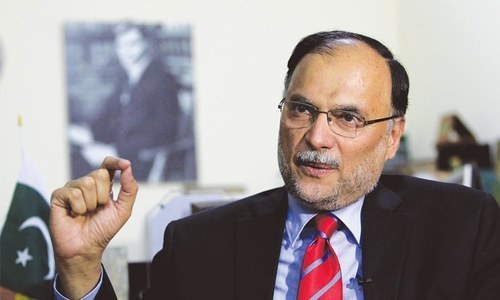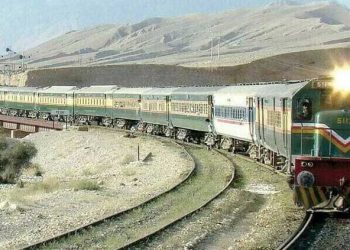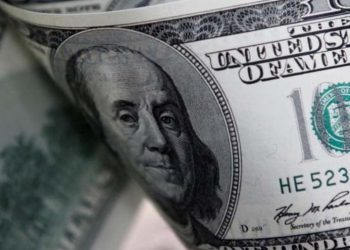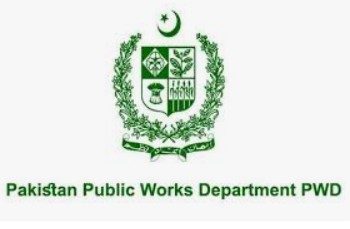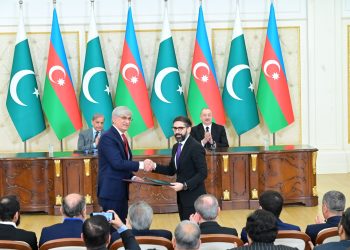commercial
reporter
ISLAMABAD: Minister for Planning and Development Ahsan Iqbal has said Pakistan is seeking to change structure of its economy through multi billion dollars China-Pakistan Economic Corridor (CPEC) project.
Addressing an event of Pakistan Business Council in Islamabad on Thursday, he described the corridor project as a strategic vision aimed at transforming Pakistan into an industrial economy. This, he said, will bolster our exports.
He said when the PML-N government signed $46 billion projects under CPEC back in 2013, no one in the world was willing to bring investment in Pakistan due to law and order situation.
Pakistan, he said desperately needed investment in energy and infrastructure sectors. The minister said China invested $29 billion in these sectors during the five years’ tenure (2013-18) of PML-N government.
He said China also helped Pakistan utilizing its strategic reserves such as Thar Coal which are now producing thousands of MW energy and contributing to the national grid.
Ahsan Iqbal pointed out that $900 billion worth of investment from the developed world is seeking enabling business friendly environment in the developing countries. However, the investment can never come to a country where there is political chaos, polarization, and policy reversal”, he added.
He said the annual Foreign Direct Investment in Vietnam is about $28-30 billion while in Pakistan in 2020 it was only $1.2 billion.
“In 75 years of our history we never followed export-led growth policy, which is the reason we lagged behind and could not grow”, he said adding where we stand now, we speed an annual jump of 5 to 10 billion dollar in zxports to ensure a sustainable growth.
The minister said CPEC is a strategic vision as China says it wants Pakistan to grow as an industrial economy. “So under CPEC we are seeking to transform the structure of Pakistan economy from a low commodity agricultural economy to an industrial economy based on export-led growth,” he added.
He said under the second phase of CPEC, we had a plan to develop nine Special Economic Zones (SEZs) from 2020 to 2025.
In 2017, he said envoys from European Union (EU), Japan, UK and other countries were coming to him desiring to become partner with CPEC. “CPEC became Pakistan’s brand image but look what we have done”, he added.
In the same year he said a large number of Chinese companies were planning to open up their offices in Pakistan and “I was expecting that around $30-35 billion investment would come to Pakistan in next five years”.
But Iqbal regretted that in 2018, there was a forced regime change that resulted in policy reversal which dented the Chinese confidence and work on CPEC projects slowed down. NNI


